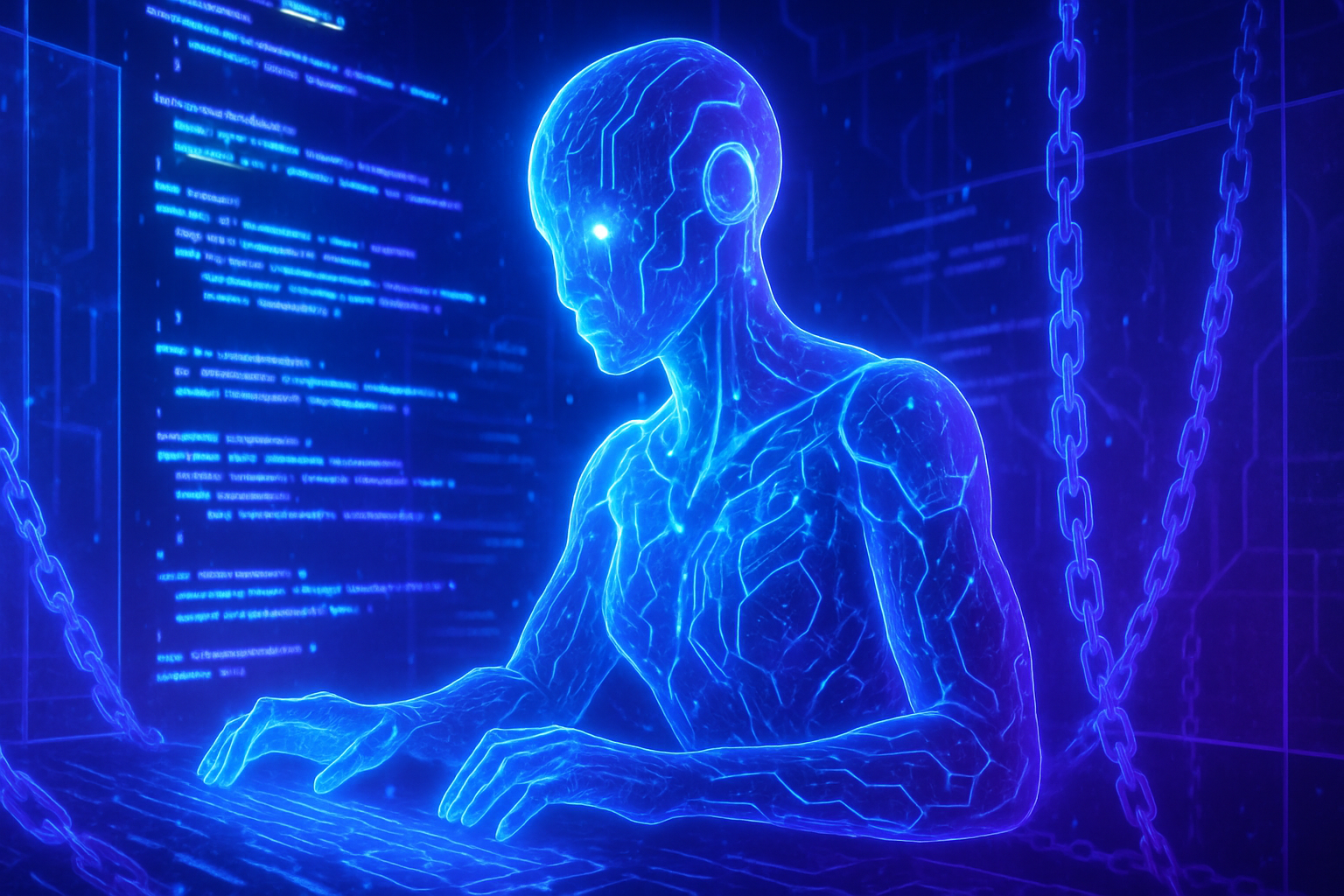The rise of artificial intelligence is redefining the contours of software engineering. The interaction between automated mechanisms and human creativity raises fundamental questions. *Can programming truly be delegated to algorithms?* Recent research highlights significant obstacles hindering this evolution, such as communication between humans and machines. *Are analytical skills being sacrificed for the sake of automation?* Recognizing the challenges related to the integration of AI in complex scenarios becomes crucial in order to optimize human-machine collaboration.
Artificial Intelligence in Software Engineering
Researchers at MIT’s CSAIL lab recently published an interactive study titled “Challenges and Paths Towards AI for Software Engineering”, which scrutinizes the real challenges of artificial intelligence in software development. The report emphasizes that despite significant advances made in the field of AI, the road towards truly autonomous software engineering remains strewn with obstacles.
Software Engineering Tasks Beyond Simple Code Generation
Researchers identify a wide range of software engineering tasks that go beyond code generation. These tasks include refactoring, concurrency bug analysis, and legacy system migration. These functions are essential to optimize software processes while ensuring the robustness and security of the code.
The Limits of Current Tools
Armando Solar-Lezama, the lead author of the study, speaks of a misconception about software engineering. “Current discourse often reduces the field to simple academic programming,” he states, insisting that the real practice encompasses complex migrations of code consisting of several million lines, not just the development of specific features.
The tools available to developers, although effective, do not meet all needs. AI systems often produce code that appears plausible on paper, but can fail in practice. This inability to generate functional and contextual code represents a notable shortcoming of AI models.
The Challenges of Human-Machine Interaction
The report highlights another major obstacle: the communication between humans and machines. Currently, there is a “thin line of communication” that can lead to unsatisfactory outcomes. For example, files generated by AI systems are often large and poorly structured, making it difficult to assess their quality.
Current models do not expose their level of confidence on different parts of the code. This lack of transparency risks pushing developers to accept faulty logics, thereby leading to errors in software production.
The Consequences of Scale and Corporate Specificities
The size of codebases constitutes another significant barrier. AI models struggle to manage codebases comprising millions of lines. Each code set presents unique specificities that often baffle learning models, creating situations where the generated code may contain references to functions that do not exist.
This phenomenon, often described as “cognitive hallucination”, occurs when AI systems produce outcomes that seem correct but do not fit the structure or internal standards of a company.
Call to Action and Collaboration
The authors of the study call for community-wide efforts to address these challenges. They suggest establishing rich, shared databases that document development processes, as well as creating evaluation suites to measure the quality of refactorings. Gu, one of the co-authors, thus formulates a call to action for open-source collaborations.
Implications for the Future of Software Engineering
Artificial intelligence has the potential to lighten the workload of developers by taking on repetitive tasks and improving processes. The vision of a future where human engineers focus on complex and creative problems thus becomes conceivable. Freeing programmers from the drudgery of routine tasks would amplify their creative potential.
With these advancements, the community must question the true research and innovation priorities in this field. It is by recognizing the challenges that we can move forward. For more information on recent advances in artificial intelligence, explore this article on generative AI models and this link on the intersection of philosophy and AI for an ethical reflection on computing.
Frequently Asked Questions
Can artificial intelligence completely replace human programmers?
No, artificial intelligence cannot totally replace human programmers. Although it can automate certain tasks like code generation, programmers remain essential for creative, strategic, and ethical activities.
What are the main obstacles that AI faces in autonomous software engineering?
The main obstacles include communication between humans and machines, evaluating code at scale, and limitations in adapting to each company’s specific coding conventions.
How can artificial intelligence improve developer productivity?
AI can take over routine and monotonous tasks such as code refactoring, allowing developers to focus on complex and innovative problems, thereby enhancing their productivity.
What types of tasks can AI perform in software development?
AI can perform tasks such as debugging, generating unit tests, analyzing code, and migrating legacy systems. However, these capabilities are still being developed.
How do the findings from the MIT study influence the future of software engineering?
The findings highlight the need to improve AI tools so that they are more effective in real-world scenarios, making automation more reliable and integrated into development processes.
What are the ethical implications of using AI in software development?
The ethical implications include over-reliance on automated systems, the need for transparency in their functioning, and the risks related to security if AI generates flawed or vulnerable code.
Does AI have the capacity to understand code contextually?
Currently, AI struggles with contextual understanding, which can lead to errors in the generated code. Efforts are underway to improve this capability by integrating more data on actual development.
What are the benefits of collaboration between humans and AI in software engineering?
Collaboration allows for optimizing human work by delegating repetitive tasks and providing AI-based suggestions, which improves code quality and reduces development time.
What roles can researchers play in overcoming the challenges identified in the recent study?
Researchers can develop new collaboration tools, create more relevant evaluation metrics, and promote open-source initiatives to share best practices and data necessary for improving AI systems.






